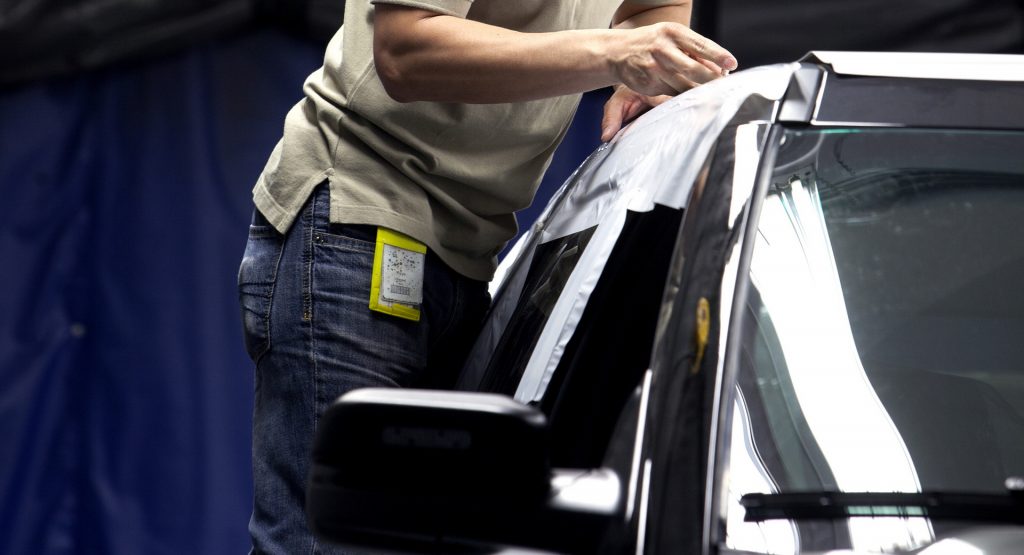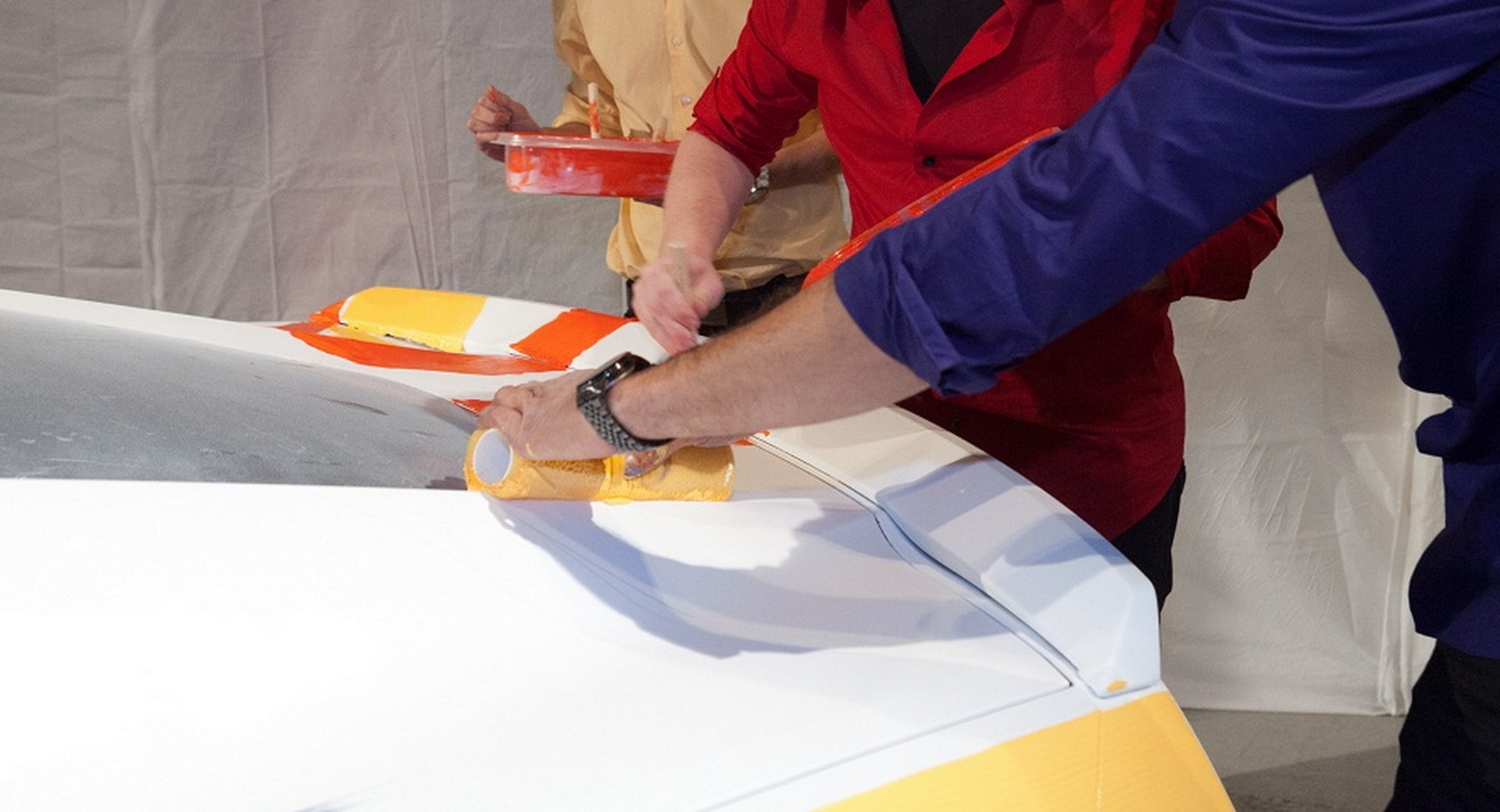Patricia Hill, a resident of Chesterfield, Virginia is warning others against signing up for a car wrapping scam after losing more than $1,000 because of it.
Hill told NBC12 News that she got a message offering to pay her $500 a week to place a Dr. Pepper sticker on her car as an advertisement. She said she needed the extra cash because she’s been caring for her elderly mother.
“Even my mom looked into this with me and said it looked good,” she told NBC12. “He sent $1,700 in a check, said it was an advance.”
Read Also: Ferrari Warns South African Customers Of Fraudsters Trying To Steal Cars Through Fake Recalls
The Federal Trade Commission reports that scams like these work by a person sending a check for more than the agreed-upon sum, and asking the victim to either pocket their share and send the rest back or by using it to pay for the wrap themselves. Worse still, in order to get the check, Hill was asked to share sensitive information like a copy of her driver’s license and Social Security number over text messages to a man who claimed to represent Dr. Pepper.
Indeed, the man then sent her a check, which cleared, so she decided to pay bills with the new money. All seemed great until two days later the check was flagged by her bank as a forgery.
“I contacted him – he said ‘well, I stopped payment on it.’ I am like dude, I went to the bank. They said ‘no, the check was a fraud,’” said Hill. “He got me good. Obviously, [the car] is not wrapped, he never came out.”
She was left more than $1,000 in the hole as a result of the fraud and overdraft fees. With help from her mother and son, she was able to pay the money she owed but is now warning others not to fall for the scam.
In a statement to NBC12, Dr. Pepper wrote that it does not have a program that offers to pay people for wrapping their cars. The scam, though, is a popular one and the FTC writes that although these “offers” can be made as a cold call, they often also show up on job boards and social media.
The FTC warns that “if you get a message urging you to deposit a check and wire money back, it’s a scam. Every time. No matter the story.”
People who have been targeted by these scams are encouraged to file a complaint at the FTC’s website in the Scams and Rip-offs section.









